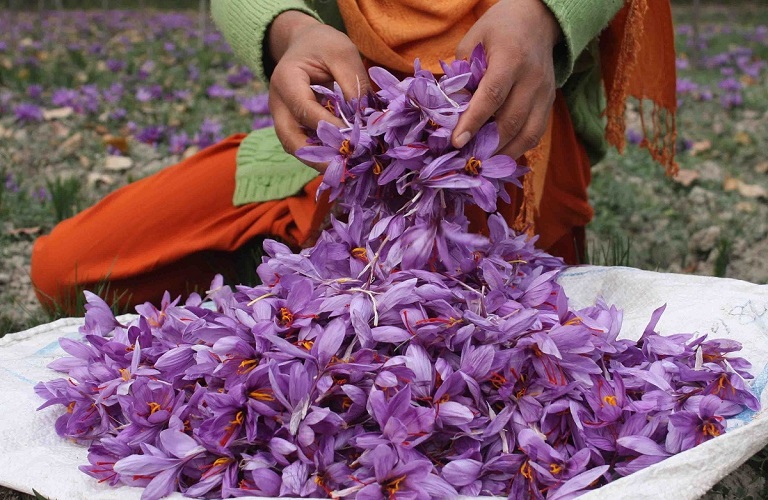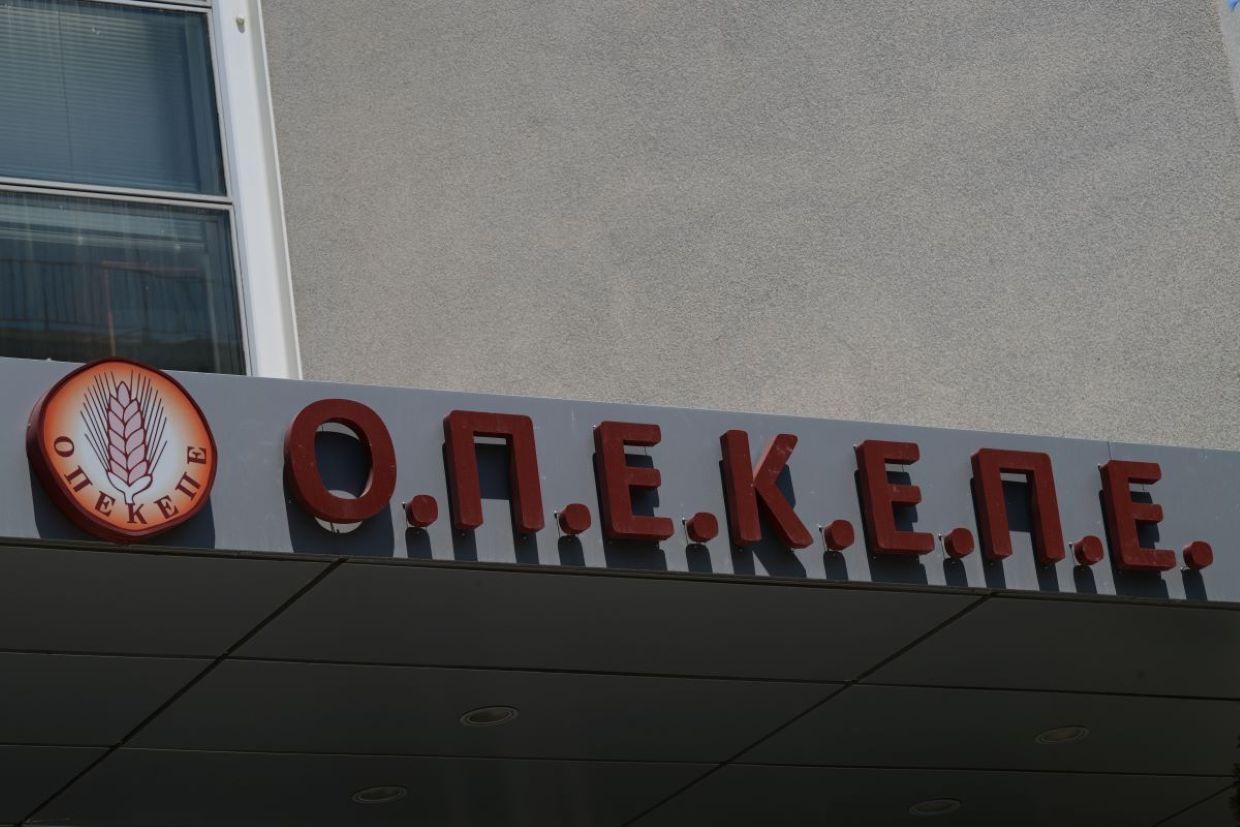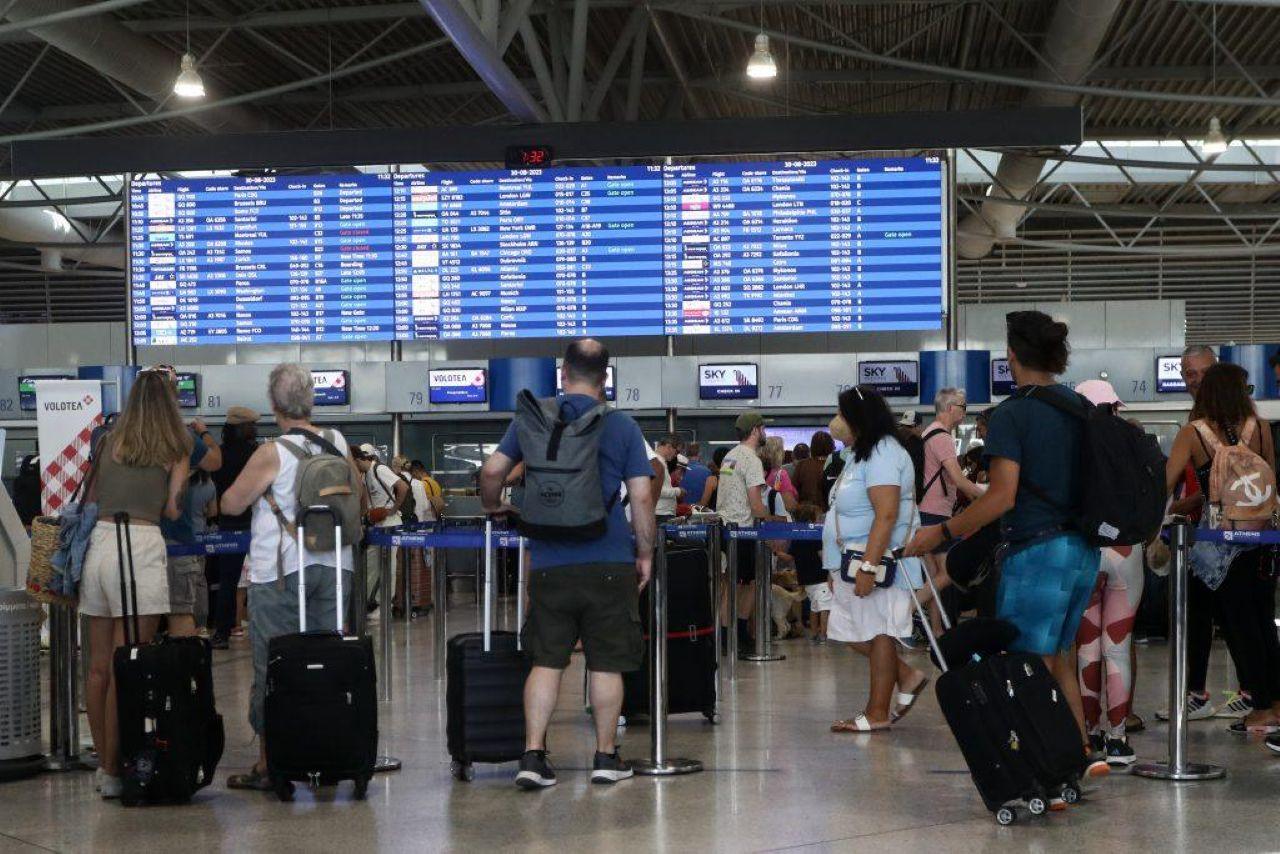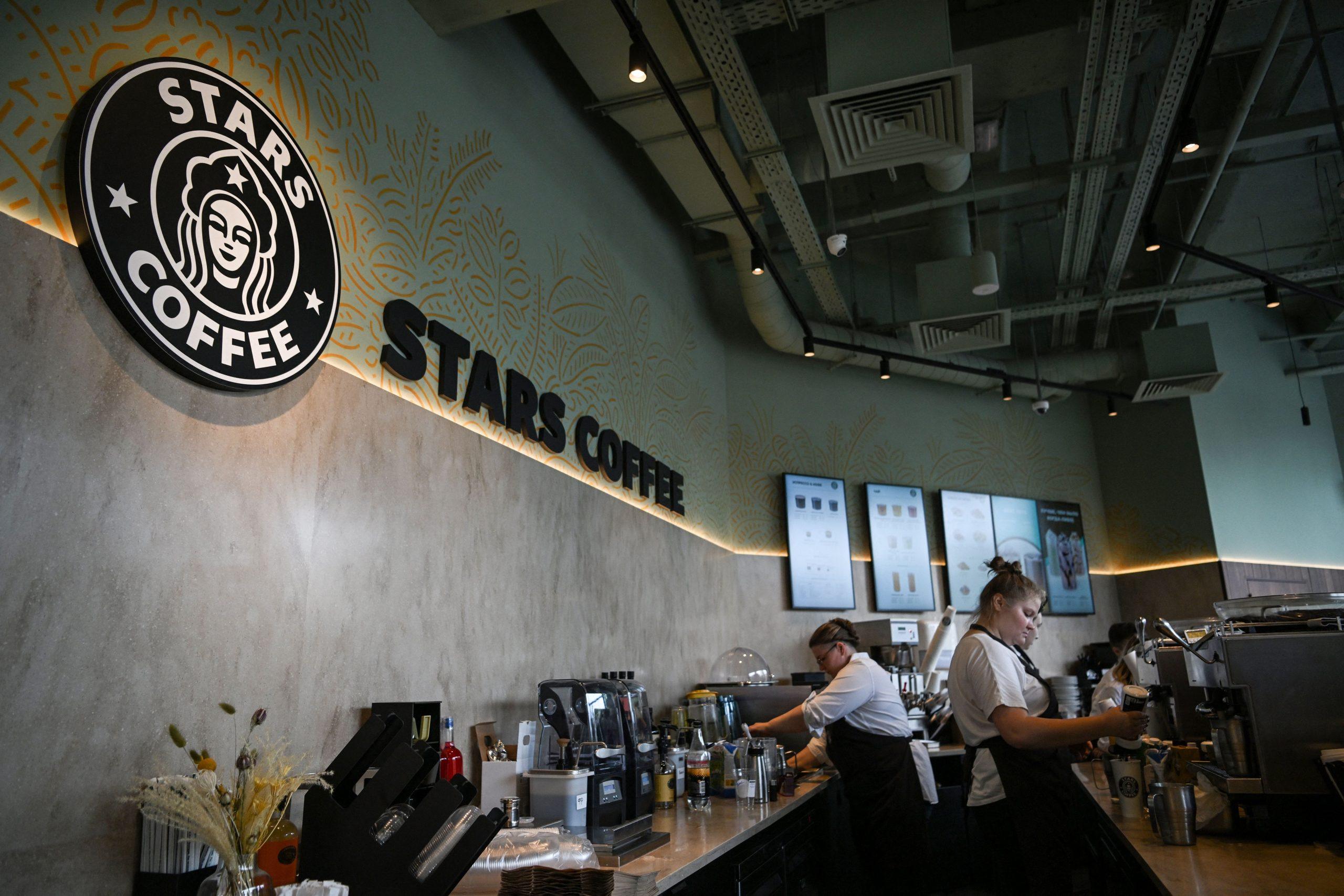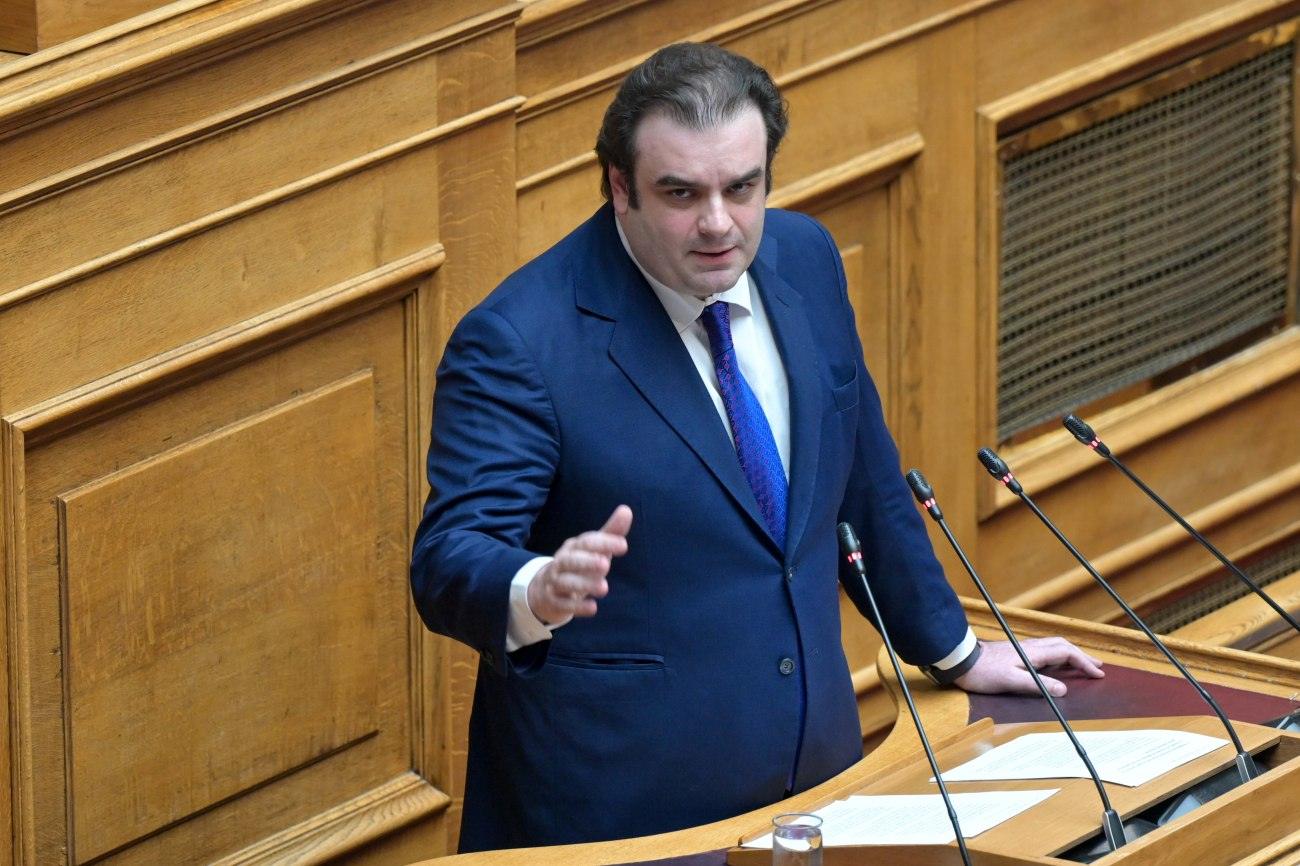This year’s saffron/crocus (Crocus sativus) production in Kozani is expected to be reduced by more than 30%, with the unusual weather conditions for the season having wounded the flower of the plant, said, speaking to APE-MPE, the president of the “Kozani Yolk Producers Cooperative” Vassilis Mitsopoulos.
“Last week’s rains, combined with the intense fog that followed, destroyed the crocus flower, which fell to the ground”, noted Mr. Mitsopoulos and announced that the crocus producers of Kozani, the only ones on Greek soil, will try to offset this year’s expected loss, with a 10% increase in the price of the final product, from the beginning of 2022.
“This increase will not make us rich, but it will enable us to cover part of our growing expenses, due to the prevailing conditions at the global level”, he pointed out, referring -among other things- to the increase of “In the light of the shortage of labor, which is becoming more and more difficult to find every year,” he said.
It is noted that the 925 families in the prefecture of Kozani, cultivate a total of 550 hectares, with the average annual production ranging from 2.5-3 tons and the production cost, being 400 euros to 500 euros per acre, depending on the producer’s management a does and provided that he has plant capital, the value of which amounts to 10,000 euros / hectare.
The selling price per kilo, according to Mr. Mitsopoulos, is currently set at 1,200 euros, while 70% of the product is sold abroad, mainly to Spain, Italy and France and the remaining 30% is absorbed by the Greek market. Regarding the Chinese market and the efforts made to start Kozani crocus exports, Mr. Mitsopoulos pointed out that “despite the initial enthusiasm and high expectations, in the end the project did not bear fruit and apparently will not ‘walk’ at all.”
Emphasizing that every year things get worse, Mr. Mitsopoulos brought back the issue of coupled aid to the crocus, in order to support the income of growers and noted that only the provision of financial incentives could entice young people to engage in crocus cultivation, which is particularly demanding as an occupation. In this context, he stressed that based on a survey, 70% of crocus growers are between 50 and 75 years old and added that “if the ratio of young people is not reversed, the future of crocus cultivation is clearly threatened.”
In the meantime, referring to the escalation of the phenomenon of saffron adulteration internationally, Mr. Mitsopoulos pointed out that no case has occurred in Greece since, as he characteristically said, selling our product and our work in bulk, we are losing the opportunity to reap its surplus value and at the same time to bring higher foreign exchange to the national economy “.
In this context, he expressed his support for the packaged distribution of Kozani crocus, noting that “we are taking all necessary steps to change the bulk disposal / packaged ratio from 75% -25% to 50% -50%”.
Besides, as he added, the certified organic crocus cultivation has already doubled, which now amounts to 200 hectares and while it is bought by 100 euros / kilo more, one can not exclude that this amount may increase. He hastened to point out that “all cultivation in Kozani is done in an organic way, but not all producers have the necessary written certification, which is done at the expense of the cooperative.”
